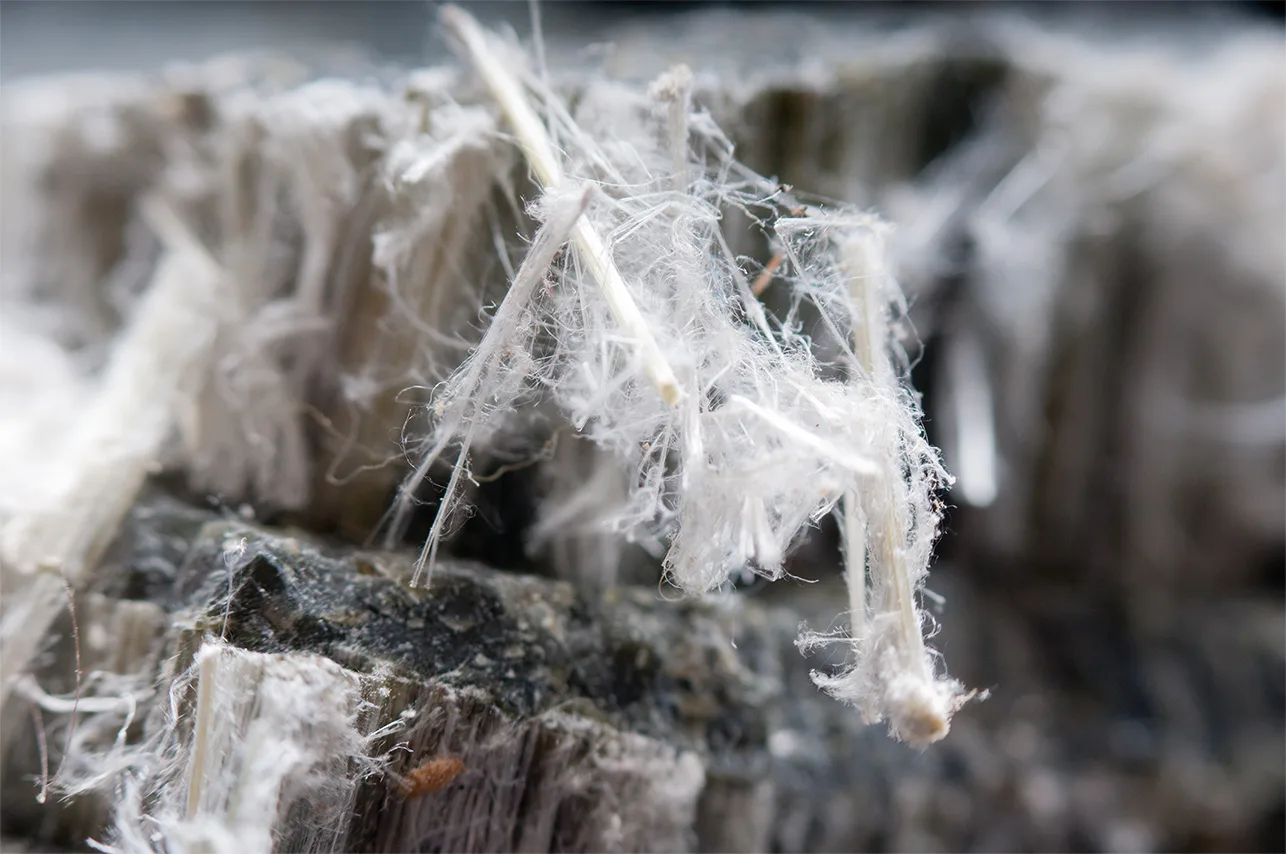
A recent analysis by Japanese scientific instrument manufacturer JEOL has found that building materials from homes and other structures destroyed by Russian attacks in Ukraine have a high probability of containing asbestos, a known carcinogen. With special permission, JEOL imported 10 samples of materials like roofing, underground pipes, and insulation from damaged buildings in Kyiv, Kharkiv and other locations. Electron microscope analysis revealed chrysotile (white asbestos) in all 10 samples, often at concentrations around 5% by weight.
Ukraine was once one of the world’s top importers of asbestos, which was widely used as insulation due to the country’s cold climate. Although Ukraine banned asbestos in September 2022 as part of efforts to align with EU regulations, many older buildings still contain the hazardous substance. The samples were collected by U.S. disaster recovery firm Miyamoto International, which has been working to repair over 7,000 households at the request of a UN agency.
Experts stress that asbestos countermeasures will be essential for the safe restoration and rebuilding of Ukraine. “These analysis results provide a basis for alerting workers and residents to take precautions against asbestos,” says Dr. Ken Takahashi, Professor Emeritus at the University of Occupational and Environmental Health, Japan. “The costs of asbestos countermeasures need to be recognized by international organizations as they support Ukraine’s reconstruction.”
For the full article in Japanese, see: https://mainichi.jp/articles/20240419/k00/00m/040/225000c
